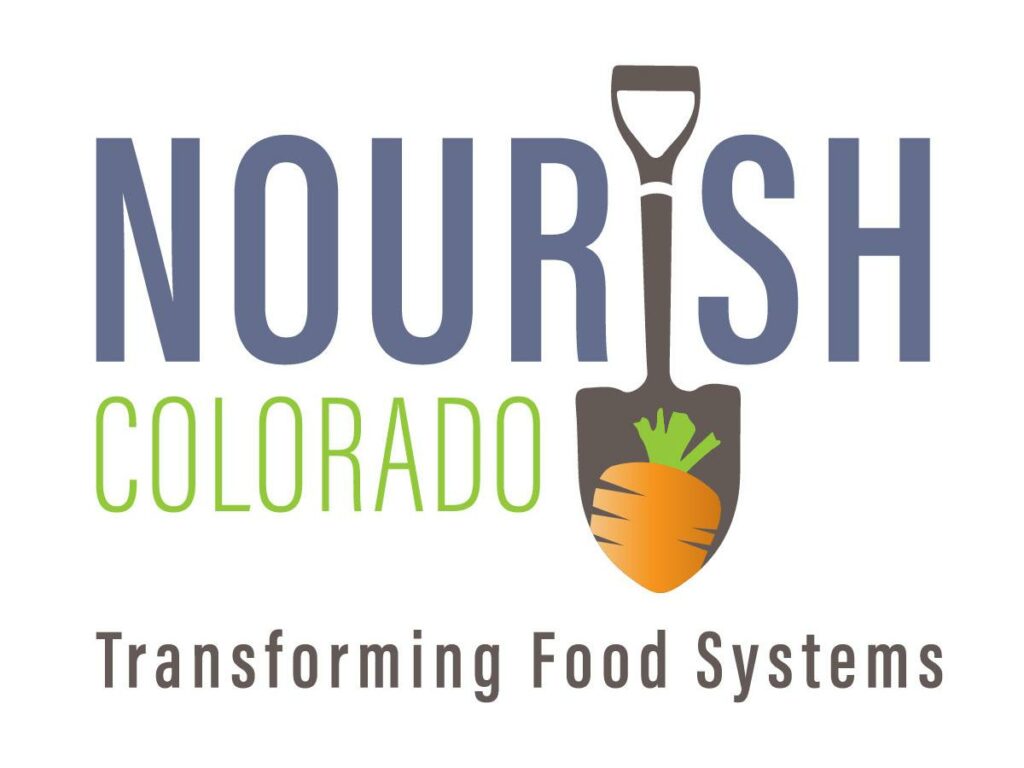November Policy Digest
Update on LiveWell Policy Tour
The policy team has been out and about throughout the state gathering feedback from community members to help shape our 2018 policy agenda. We held meetings in Denver, Sterling, Fort Morgan, Alamosa, and Cortez and are headed to Garfield County at the end of the month. The meetings have been well attended and the feedback quite interesting. In the northeast, the community is dealing with the impact of a four-day school week, most notably, how to ensure kids do not go hungry over the three day weekends and how to keep kids busy on the extra day off. Communities are also grappling with a lack of affordable housing, keeping food pantries stocked and a lack of recreation spaces. In Alamosa and Cortez, our partners expressed concern that overly zealous food safety regulations are impeding farm-to-school and local farm-to-table efforts. Alamosa also noted the opioid epidemic, while Cortez discussed the need to educate farmers that programs such as Double Up Food Bucks can assist them in increasing their customer base.
Local Policy Update
In October, the Lafayette city council enacted an ordinance requiring restaurants to make milk or water the default beverage in kids’ menus. The ordinance, the first of its kind outside of California, was brought to the city council by the Lafayette Youth Advisory Committee which proposed the measure after a lengthy community engagement process. The ordinance is not an outright ban on the sale of soft drinks to kids but simply makes the default beverage in kids’ menus a healthy one. Soft drinks contribute to obesity, diseases like diabetes, and tooth decay.
State Policy Update
Looking forward to the 2018 legislative session, the team is engaged with a cadre of stakeholders working on legislation that will expand the state’s coverage of reduced priced lunch to all grades. Currently, the state covers kindergarten through fifth grade. We are also committed to working on a separate bill that will require best practices by school districts when handling school lunch debt, specifically that schools work with parents and not shame kids as a way to try and get parents to pay.
We are continuing our efforts of the past two state legislative sessions to develop state-level capacity to address the lack of infrastructure in the food system that hampers healthy food access issues and programs. We will again be running a bill to provide staffing for the Colorado Food System Advisory Council. Additionally, we are likely to run a bill seeking state funding for healthy food incentives to grow and begin to develop sustainability for the Double Up Food Bucks Program. This effort also contains a local component to help communities develop policy advocacy skills, with a focus on obtaining local funding to help sustain Double Up Food Bucks.
Federal Policy Update
At the federal level, we are working with our national partners on two issues: the Farm Bill and Farm To School bill. While negotiations are ongoing around the larger Farm Bill, several “marker bills” – bills intended to introduce concepts for later inclusion in the Farm Bill – have been introduced. The bi-partisan Local FARMS (Food and Regional Market Supply) Act was introduced in mid-October by the National Sustainable Agriculture Council (NSAC). LiveWell, as part of NSAC’s policy committee, played a significant role in developing the concepts and drafting the language for this bill. Essentially, the FARMS Act encourages communities to prosper through farm to fork investments, enables farmers to reach growing new markets, and helps consumers access fresh, healthy food and farm products. The bill will also help develop and strengthen the infrastructure needed to better connect producers to consumers and create new jobs.
Additionally, the bi-partisan Farm to School of 2017 was introduced in October. LiveWell, as the National Farm to School Network (NSFN) lead, has been connecting the NSFN policy team to the Colorado Congressional delegation, encouraging our Colorado Food Policy Network members to sign on to a letter of support, and promoting the bill throughout our food system networks. This bill will increase the amount of grant support from $5 million per year to $15 million per year (in Colorado alone, they received requests for almost $2.5 million to start programs but were only able to grant $742,460; nationally, they received $120 million in requests over 5 years). The bill also ensures the inclusion of early education and summer food service sites, after school programs, tribal schools and producers, as well as promoting these programs specifically to beginning, veteran, and socially disadvantaged farmers and ranchers.

